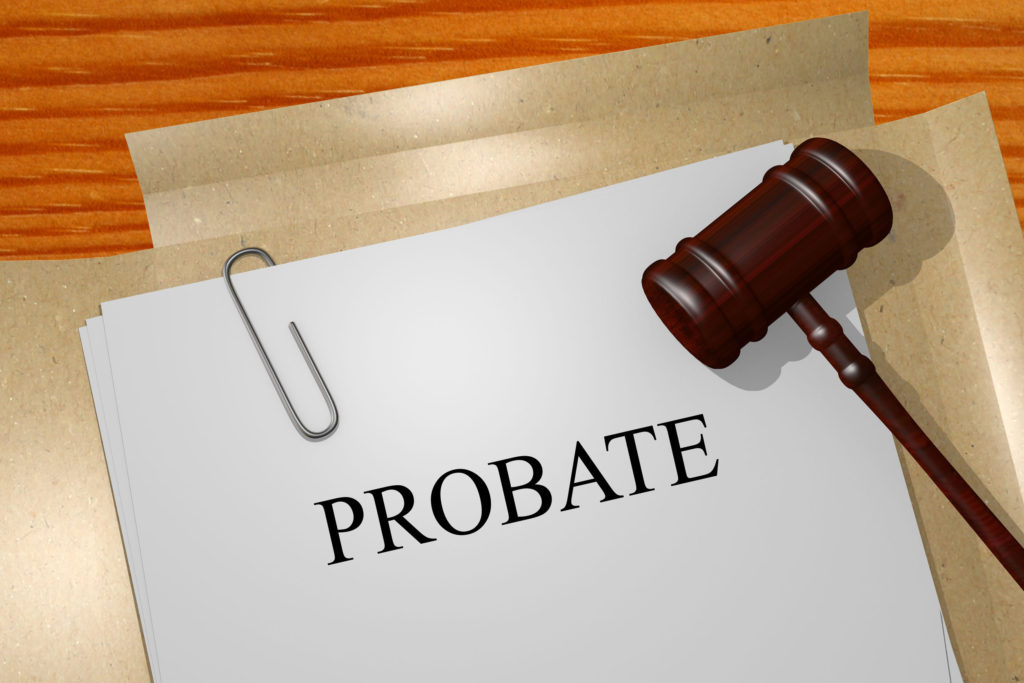In Oklahoma, you have the right to appeal a probate court decision you believe is incorrect or unjust. First and foremost, it is essential to understand that an appeal is not a retrial. You cannot present new evidence or re-argue the facts of the case. Instead, an appeal focuses on whether the probate court made legal errors that affected the outcome of the case. Common grounds for appeal include misinterpretation of the law, improper admission or exclusion of evidence, or procedural errors.
Filing Process
To initiate the appeal process, you must file a Notice of Appeal with the probate court that issued the original decision within 30 days of the court’s final order or judgment. Failing to file within this timeframe can result in losing your right to appeal. The Notice of Appeal informs the court and the opposing parties of your intention to seek review of the decision.
Then, you need to prepare the Record on Appeal. This record includes all documents, evidence, and transcripts from the original probate court proceedings. It serves as the foundation for your appeal, providing the appellate court with the necessary context to review the case. Your attorney can assist in compiling and submitting this record to ensure it is complete and accurate.
The appellate brief is a critical component of your appeal and is a written document that outlines your arguments, citing legal precedents and statutes to support your claim that the probate court made errors. The brief must clearly articulate the legal basis for the appeal and explain how the errors affected the court’s decision. Crafting a persuasive and well-organized brief is essential for a successful appeal.
The Court Process to Appeal A Probate Court Decision
In some cases, the appellate court may schedule oral arguments. During these proceedings, your attorney will present your case to a panel of judges, emphasizing the key points from your brief and answering any questions the judges may have. Oral arguments provide an opportunity to clarify your position and address any concerns raised by the opposing party’s arguments.
After reviewing the record on appeal, the appellate brief, and any oral arguments, the appellate court will issue a decision, which can take several months. The court may affirm the original probate court decision, reverse it, or remand the case back to the probate court for further proceedings. Occasionally, the appellate court may modify the original decision.
If the appellate court’s decision is unfavorable, you may have the option to seek further review. This could involve appealing to a higher appellate court, such as the Oklahoma Supreme Court. However, further appeals are typically limited to cases involving significant legal questions or substantial public interest.
More Appeals Court Articles From Our Claremore Attorney Blog
Claremore Estate planning Attorneys
Appealing a probate court decision in Oklahoma involves several critical steps, including filing a Notice of Appeal, preparing the Record on Appeal, submitting an appellate brief, and potentially presenting oral arguments. People appeal all sorts of finding made from the probate court. This can include the decision to admit a will on to who beneficiaries are and what money was paid out. Understanding the legal grounds for an appeal and seeking experienced legal counsel are essential for navigating this complex process. If you’re wanting to go through this process, reach out to us at Claremore Attorneys by calling 918-379-4872 or online for a consultation.

